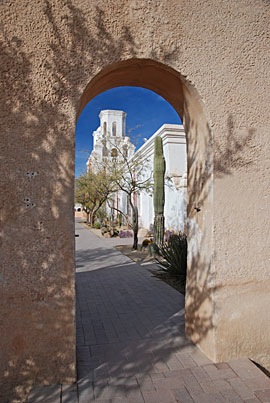And I always assumed most helicopter magazine editors-in-chief were helicopter pilots.
Batten down the hatches and prepare for another rant. Not a big one, but one that needs to be shared with my fellow helicopter pilots.
 Yesterday, I got around to reading the February 2010 issue of Rotor & Wing. Rotor & Wing used to be the premier helicopter industry magazine. Somewhere along the way, it turned into a monthly collection of press releases, advertisements, and columns about narrow segments of the helicopter population: North Sea, Military, etc. It improved a bit under the editorial guidance of Ernie Stephens, who added a Helicopter Training column and made some design changes. Now there’s some information of interest to mere mortal commercial operators like me who have absolutely no interest in the politics of the North Sea or unmanned reconnoissance aircraft.
Yesterday, I got around to reading the February 2010 issue of Rotor & Wing. Rotor & Wing used to be the premier helicopter industry magazine. Somewhere along the way, it turned into a monthly collection of press releases, advertisements, and columns about narrow segments of the helicopter population: North Sea, Military, etc. It improved a bit under the editorial guidance of Ernie Stephens, who added a Helicopter Training column and made some design changes. Now there’s some information of interest to mere mortal commercial operators like me who have absolutely no interest in the politics of the North Sea or unmanned reconnoissance aircraft.
When I read a magazine, I always start with the editor’s page up front. This one, by Editor-in-Chief Joy Finnegan, really stuck in my craw. Titled “Stay Proficient,” it wasn’t about practicing emergency procedures, flying with a CFI, or even staying current with night flight. Instead, it zeroed in on an accident that had been caused by a pilot’s attempt to fly VFR at night into IMC conditions. In other words, a stupid pilot trick.
That didn’t bother me. It’s always good to analyze the mistakes of other pilots and use their situations and decisions as learning tools to avoid the same mistakes in the future. I have done so on several occasions in this blog. (For examples, read “Not Ready for Solo?,” “What if You Crashed a Helicopter and Didn’t Tell Anyone?,” and “Chasing Race Cars Isn’t For Every Pilot.”)
What bothered me were the few revealing statements about her own experience that Ms. Finnegan made, starting with:
I was shocked to learn that many helicopter pilots not only rarely fly IFR, they don’t even bother to keep current.
Hello? Ms. Finnegan? I’d venture to guess that half the helicopter pilots out there — many of which are flying tour, charter, air-taxi, survey, and utility work — don’t even have instrument ratings. I can think of at least a dozen helicopter pilots I know personally who don’t — including me.
She goes on to relate how every flight she did as a commercial airplane pilot was flown IFR, regardless of the weather. She then goes on to make what I consider an insulting statement:
VFR was for amateurs, weekend puddle-jumper jockeys who were out for their $100 hamburger flight.
Nice attitude about your fellow pilots, Ms. Finnegan.
But here’s the paragraph that made me wonder why this woman is Editor-in-Chief of what may still be the best known and most widely read helicopter industry magazine:
But I understand that it’s just the opposite for helicopter operators and that the vast majority of flights conducted in helicopters are VFR. I have also heard that some operators even discourage operations under IFR (again I’m talking flight rules not IMC). This is so very contrary to the way the fixed-wing world works that I had to call around and make sure I understood the situation correctly. After many calls and e-mails, I’m still having difficulty with the concept.
Then why the hell are you editing a helicopter magazine?
I don’t know about the rest of the helicopter pilots out there, but when I turn to a magazine about helicopters and helicopter flight, I want the person responsible for the magazine’s content to be a helicopter pilot. I want that person to know at least what I know about flying helicopters, but preferably more.
And taking two paragraphs to share her own stupid airplane pilot trick — perhaps to show off her ability to follow the instructions of ATC or brag about her coolness in a tough situation — really doesn’t make me feel any better about her experience, capabilities, or connection to the helicopter world.
Instead, I’m left angry by being fed advice by someone who obviously doesn’t have a clue about what helicopter operations are all about.


